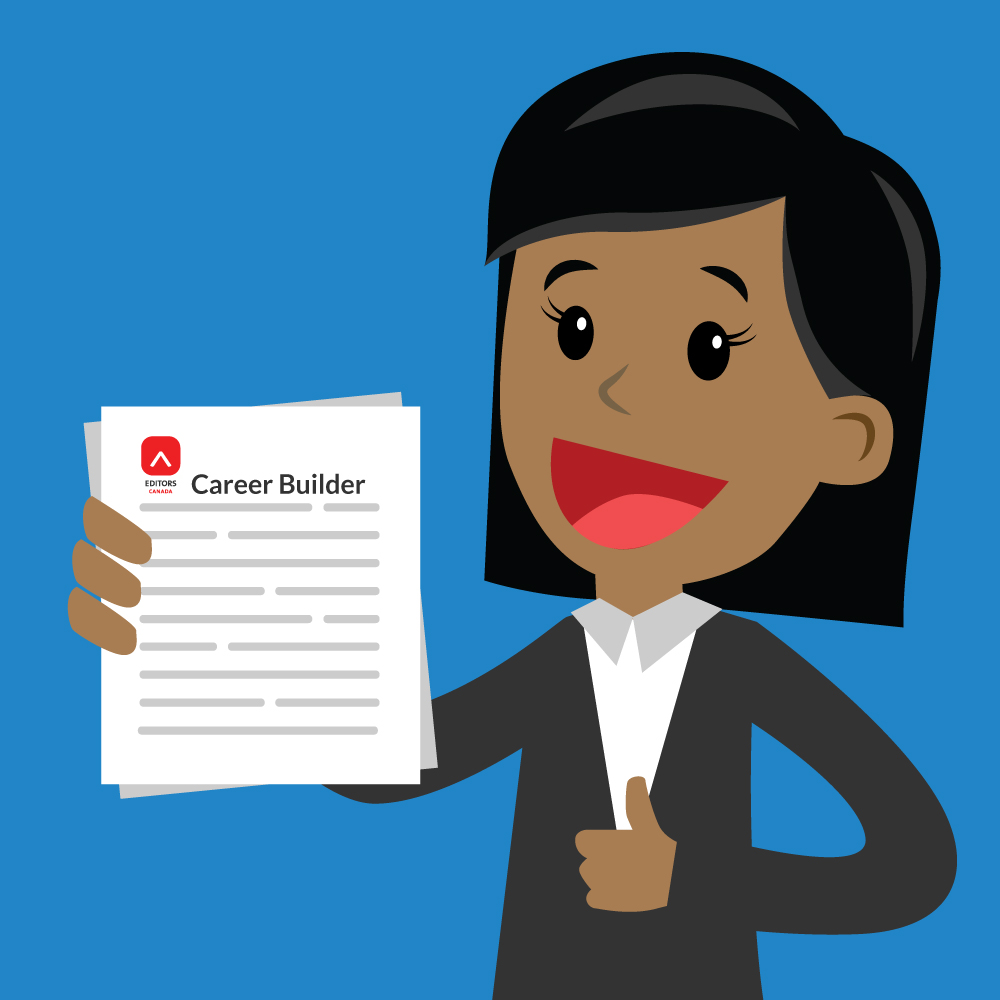
I remember, at six years old, an aunty visited our house. In an attempt to make conversation with me, she turned mid-chai, and asked, “So, dear, do you know what you want to be when you grow up?” At my young age, there were no real consequences to this question. I could have told her I wanted to be a pony and have, at the very least, won a laugh.
As I got older, the question resurfaced in different ways.
“What do you want to pursue?”
“What programs are you applying for?”
“What’s after graduation?”
Joy of editing
It wasn’t until halfway through my fourth-year thesis submission that I found an answer I was excited to give.
My undergrad thesis was the longest written project I’d ever undertaken. Writing it was cumbersome and dreadful. Editing it was just as unwieldy, but 10 times more enjoyable. I realized, through that process, that taking a half-baked draft, cooking, varnishing and plating it for others to consume is what brings me joy.
It wasn’t just my thesis. I’ve always enjoyed editing friends’ papers, journal articles, blogs, even social media captions. I love playing with words, tangling and untangling them, erasing and replacing them to make a story better, clearer and more captivating. When I realized that it was possible for me to do this for a living, I was eager to get started.
Editing programs
Having spent 18 of my 22 years in school, the logical next step was to apply to an editing program. Many programs seem to provide a thorough overview of the industry — appropriate for someone like me who had no real knowledge of the editing and publishing world.
Most of these schools require applicants to submit a writing portfolio and to take an editing test. As I’d only recently discovered that I wanted to become an editor, I had few writing samples, some consisting of papers I’d submitted to school and a few thought pieces and journal entries saved to my phone or my personal blog. Once I realized I had to expand my list of publications, I sought out magazines that accepted articles from contributors without paying them.
Finding a niche
Seeking writing opportunities has allowed me to meet other writers, creatives, and aspiring editors. Writing more has expanded my writing style and, in somewhat of a juxtaposition, has helped me to narrow down the type of editing I hope one day to do professionally. At the beginning of this journey, I had fantasized about working on literary fiction in a big publishing house. However, as I move forward, I realize my neuroscience degree has had a huge influence on my writing and reading interests. I’m constantly looking for and adding a “brain and behaviour” research-based perspective to whatever I’m reading or writing.
Lastly, as I continue to learn and find my niche, I’m grateful for the Editors Canada Career Builder guide; it has given me goals to work toward as I transition from being a stranger to the realm of editing and publishing to being a full-fledged editor.
___
The Editors’ Weekly is the official blog of Editors Canada. Contact us.
Discover more from L'HEBDOMADAIRE DES RÉVISEURS
Subscribe to get the latest posts to your email.
